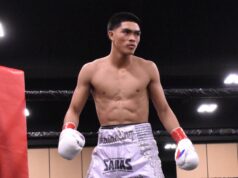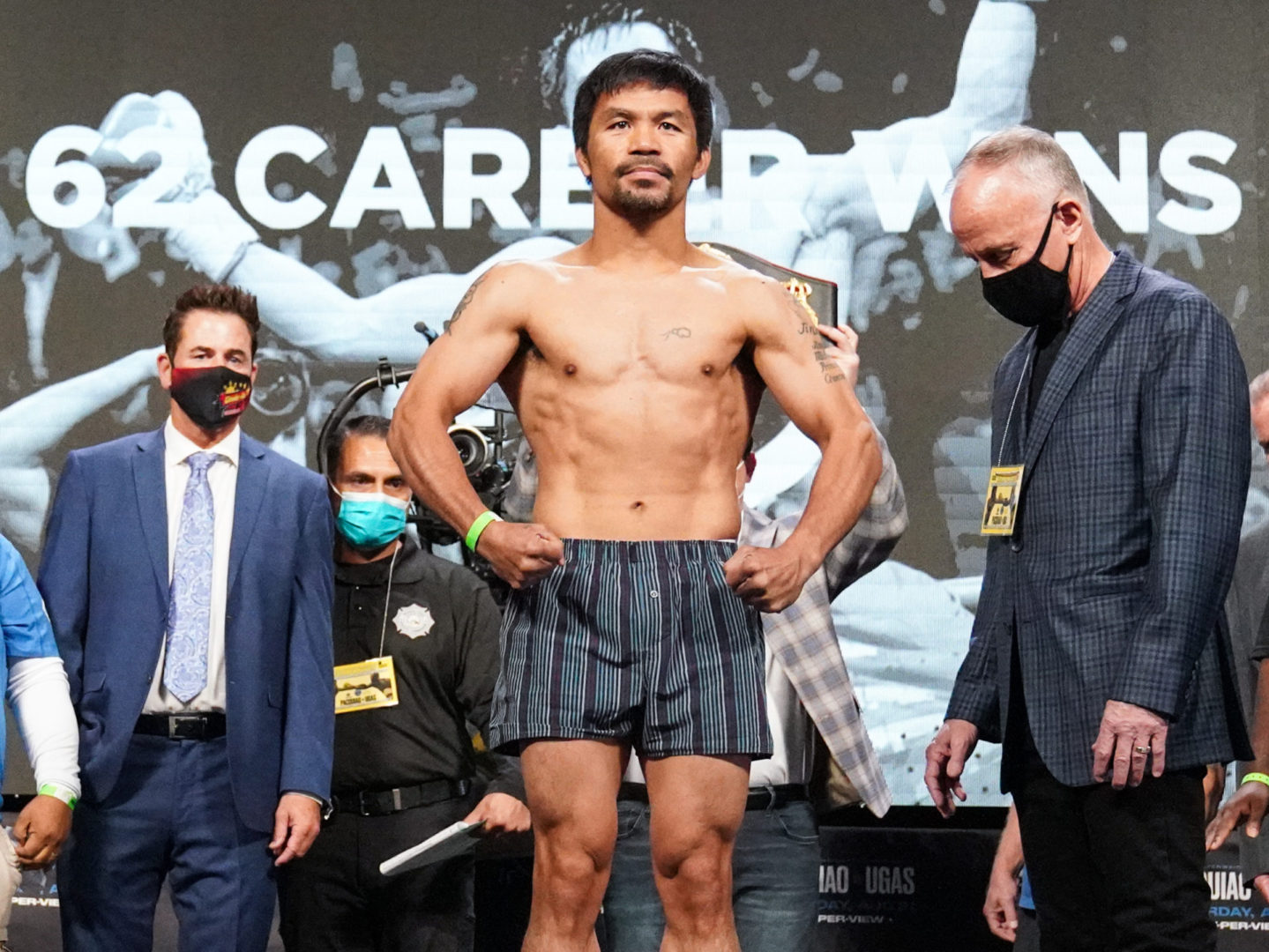By Bart Barry–

A couple years ago, apropos of violence and documentaries and Pablo Picasso, too, a writer whose work I admire mentioned in a correspondence with me that when he blurred his eyes at an Italian photojournalist’s treatment of pornography he “could arrange a fight image.” The idea has not left me. This column, then, will not treat one Brit’s counterpunching triumph over a poorly balanced American slugger Saturday – so plan accordingly.
There is a primal urgency in prizefighting, or even its tamer athletic stepbrother, boxing, rivaled by little but sex. Outlier fetishists embroider both, of course, but purveyors of prizefighting take greatest offense generally at the same juncture purveyors of pornography do: When the participants don’t understand what their viewership is about. Even Floyd Mayweather, who, but for awkward moments every decade or so when an opponent makes him do or endure something primal, understands what of his sport appeals mostly, sates many of his fans with shows of feral spending power they mistake for a compensatory sexual potency that offsets what violence he plans to not-offer during fightnight.
Not long after corresponding with my friend about blurring one’s vision, a lifetime’s practice of directionless reading brought me, as well, to the Kama Sutra, Hinduism’s unabashed exploration of human sexual behavior, a tome that preceded by millennia the West’s abominable rewrites and will survive them by millennia. In the well-reported pages of this quite clinical book come passages about the intimacy of shared breathing – which is not shared breath so much as shared rhythm, a voluntary matching between two persons of the rate at which they perform survival’s first act. Eastern disciplines, of course, emphasize breathing in a way Western religions do not, placing immediately the human mind upon a dot that is the present tense, balanced preciously between endless beams of past and future, and an incredible bond can be formed almost instantly between two persons who consciously match one another’s breath.
The best prizefighters learn their opponent’s breathing patterns – matching them initially, the better to learn them, and rendering both men predictable to one another, for a time – before using the voluntary alteration of this involuntary exercise to become devastatingly unpredictable. At our sport’s highest levels, timing an opponent’s inhalation is about the only way to drive one’s left knuckles in his liver, and may help answer for some the riddle of why two blows to the exact same spot on a man’s body often take such disparate effects.
My friend’s idea about blurring one’s eyes also approaches other possibilities, such as the voyeurism inherent in sports viewership, a possibility that, at one of its extremes, reduces to the loony belief a man’s anonymous witness to an event may affect its outcome; because of some woolly form of what social psychology calls confirmation bias someone in Dallas becomes convinced the headband he wears on gameday sends positive energy to Cowboys starters taking the field in San Francisco (and in his defense, good luck falsifying that). This idea returns us, fitfully though not anxiously, to the mindless dot of present time, and what exhilaration can happen there.
I am too detached to be a good and loyal fan; it is a rare moment of watching sports in a stadium seat or through television’s distorting lens that I am lost in a moment, that I am present, in other words, and careful about what is going on. I looked enviously out my apartment window the third Sunday night in June as a hundred thousand of my fellow San Antonians spontaneously alighted on downtown to be present with one another in a celebratory communion that marked what 13 men, strangers to all but a few, did together with an orange ball a few miles away. Some of that is cultural, of course; San Antonio is 63-percent Latino, and Latinos embrace communal participation much the way other ethnicities in America celebrate individualism, both rugged and antidepressant-induced. But some of it is also about having a predisposition for being present, neither lamenting nor contriving, and being unconscious in the best sense of the word: devoid of self-awareness.
There was, however, a moment that brought me to this quite unexpectedly, and brought nearly 20,000 of my fellow participants to it at the same instant, and that was the 1:33 mark of the 12th round of Sergio Martinez versus Julio Cesar Chavez Jr. on Sept. 15, 2012, at Thomas & Mack Center, when Chavez winged a left hook that buckled Martinez and began the most suspenseful 80 seconds I have experienced in sports. It remains a standard because of the mindlessness it impelled in me and so many others, and between this column and “The Ring” magazine, I have written about that moment no fewer than seven times. The intimacy of the experience Martinez and Chavez shared, I have found, is never captured so effectively as when doused with allusions to sex, when drowned in the brutal language of fucking, when a blurring happens to the images our memories recall.
Bart Barry can be reached at bart.barrys.email (at) gmail.com










